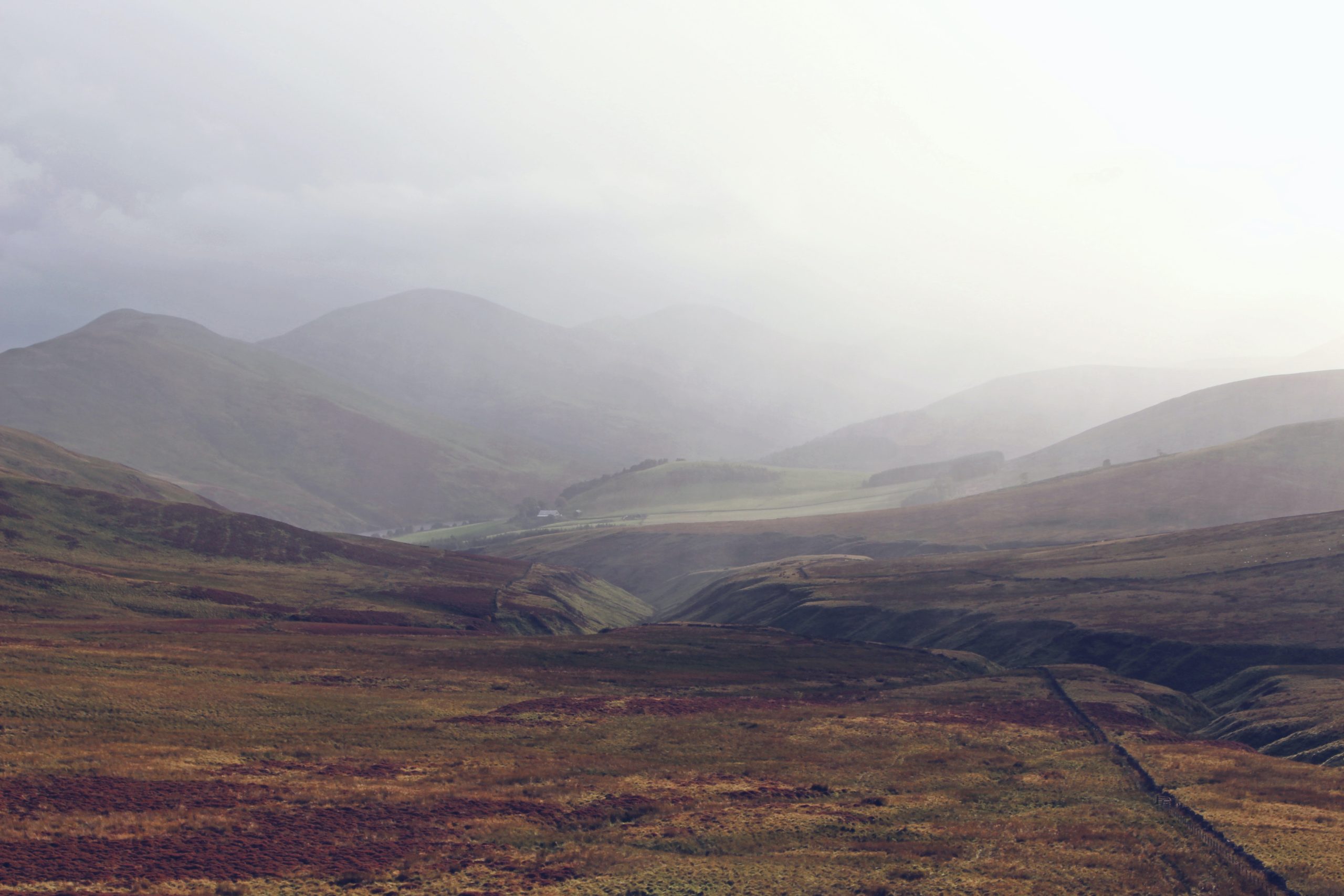Iconic Peatlands to be restored to support carbon capture and biodiversity in Ireland

The Luggala Estate spans across over 1,800 hectares and is regarded as one of the most spectacular landscapes in Ireland.
The peatland restoration project is set to commence at the Luggala estate within the Wicklow mountains. The Luggala Estate confirmed that it was initiating action towards addressing the climate and biodiversity challenge with a project that would include the restoration of oer 1,300 hectares of peatlands over the next few years. The peatlands on the estate consist of a blanket bog, wet and dry heath habitats. The peat harvested was previously used as an emergency fuel during the second World War. Large areas were drained in order for extracting peat, eradicating a lot of surface vegetation in the process.
There was considerable drainage of peatlands in the following years relating to further plans to improve grazing and ready the land for forestry. This has had a profound impact on the hydrology and structure of the peatlands in the area and led to drying out of surrounding habitats.
Anthony Blanchfield, the environmental manager at Luggala explains that the project is ambitious and will take several years to complete. The project will begin with a comprehensive ecological and hydrological study, followed by a target on restoring 150 hectares of blanket bog and improving heathland management on additional 150 hectares of dry and wet heath.
Peatland bogs play a vital role in carbon sequestration and by rewetting and restoring the habitats on Luggala, the project can play an important role in reducing greenhouse gas emissions and biodiversity loss.
The Luggala estate is regarded as one of Ireland’s most iconic upland landscapes. It is a designated EU Natura 2000 habitat and a special area of conservation and protected area.
The peatlands are an important element of the estate’s high water quality status and rewetting the bog will contribute to the reduction in higher flood levels downstream.
The initial ecological reports suggested drainage and grazing levels as the main problems impacting the condition of the habitats. The extensive environmental investigations indicated that the ecosystem was in a much poorer condition than expected and associated members have stated the need for decisive action to redevelop the peatland as a carbon sink and restore the ecology. The plan is to commence the peatland restoration project this year. Ireland has specialist experience in bog restoration and the park looks forward to learning more from industry experts and collaborating with the National Parks and Wildlife Service as the work progresses.